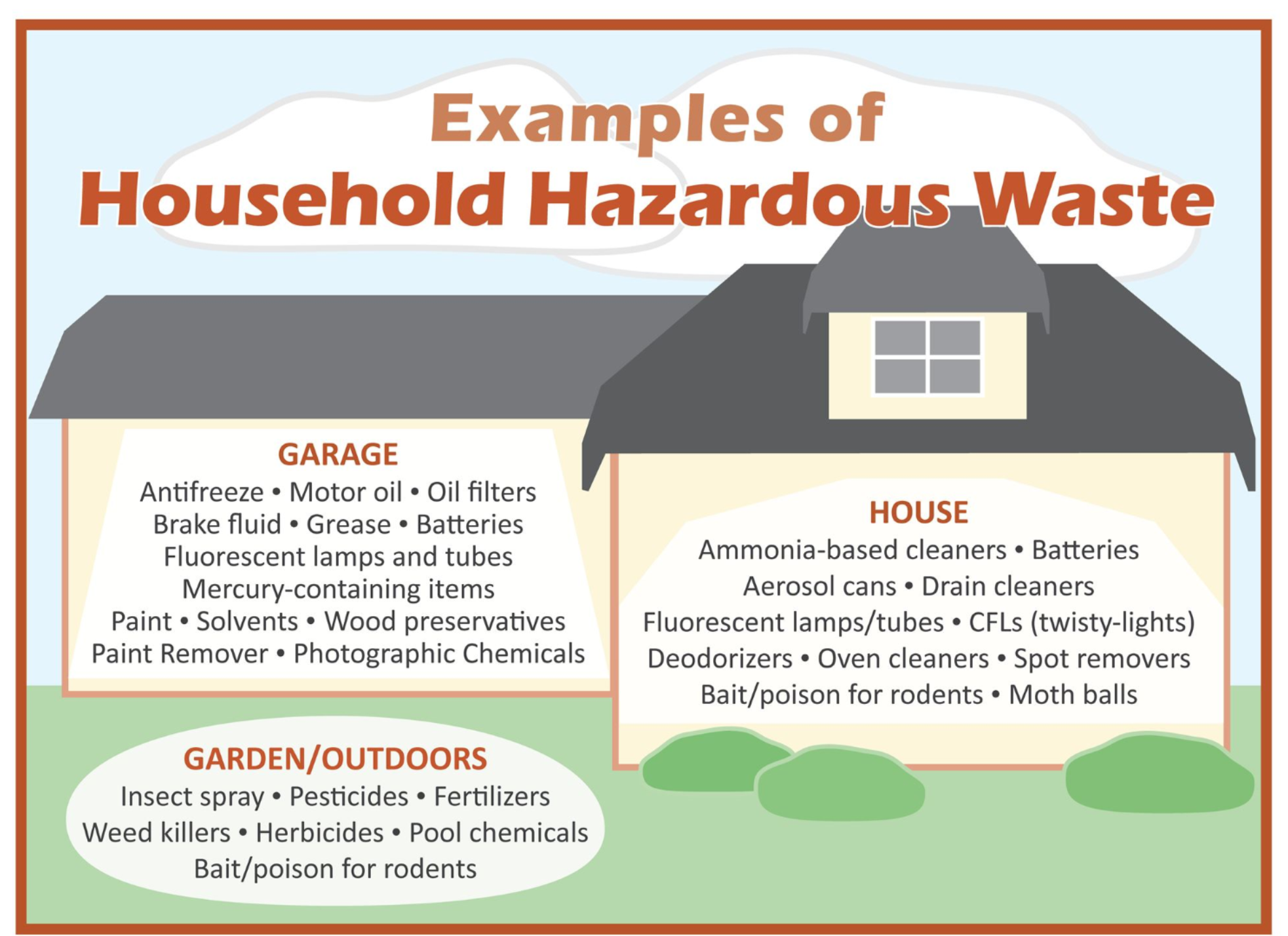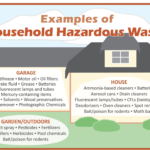How to Reduce Business Waste
Reducing business waste is not only environmentally responsible but can also lead to cost savings and improved efficiency. Here are some tips to help you reduce waste in your business:
Conduct a waste audit:
Start by assessing your current waste generation and management practices. Conduct a waste audit to identify the types and quantities of waste your business produces. This will help you understand the areas where waste reduction efforts can be focused.
Emphasize waste reduction and recycling:
Implement a waste reduction and recycling program in your business. Encourage employees to reduce waste by providing training and clear guidelines on recycling and waste separation. Make sure recycling bins are easily accessible and properly labeled throughout the workplace.
Minimize paper usage:
Digitize documents and processes as much as possible to reduce paper usage. Implement paperless options for invoices, receipts, and communication. Encourage electronic filing and document sharing. When printing is necessary, use double-sided printing and recycle or reuse paper whenever possible.
Optimize energy and water usage:
Reducing energy and water consumption can contribute to waste reduction. Encourage employees to turn off lights and equipment when not in use. Install energy-efficient lighting, appliances, and HVAC systems. Implement water-saving measures, such as low-flow faucets and toilets, and fix leaks promptly.
Adopt sustainable procurement practices:
Choose suppliers and vendors that prioritize sustainability and offer eco-friendly products and packaging. Opt for products with minimal packaging or packaging made from recyclable or compostable materials. Consider implementing a vendor take-back program for packaging or materials.
Implement waste management strategies:
Implement effective waste management strategies to minimize landfill waste. Explore recycling and composting options for different types of waste generated in your business, such as paper, plastic, glass, and organic waste. Find local recycling facilities or work with waste management companies that offer recycling and composting services.
Reduce food waste:
If your business involves food service or handling, develop strategies to reduce food waste. Proper inventory management, portion control, and donation programs can help minimize food waste. Educate employees about the importance of reducing food waste and provide them with guidelines on proper storage and handling.
Encourage reusable and sustainable practices:
Promote the use of reusable items within your business. Encourage employees to bring reusable water bottles, coffee cups, and utensils. Provide reusable or biodegradable alternatives to single-use items like plastic bags, straws, and containers. Offer incentives for employees who adopt sustainable practices.
Partner with recycling organizations:
Collaborate with local recycling organizations, community programs, or non-profit groups that focus on waste reduction and recycling. Participate in recycling initiatives or support recycling events to create awareness and encourage employee engagement.
Continuous monitoring and improvement:
Regularly monitor your waste reduction efforts and track progress. Set specific waste reduction goals and measure your performance. Analyze the results of your waste audit and adjust your strategies as needed to continuously improve waste management practices in your business.
By implementing these waste reduction strategies, you can contribute to a more sustainable and environmentally conscious business while potentially saving costs and improving operational efficiency. Encourage employee participation and foster a culture of waste reduction and responsible resource management.





